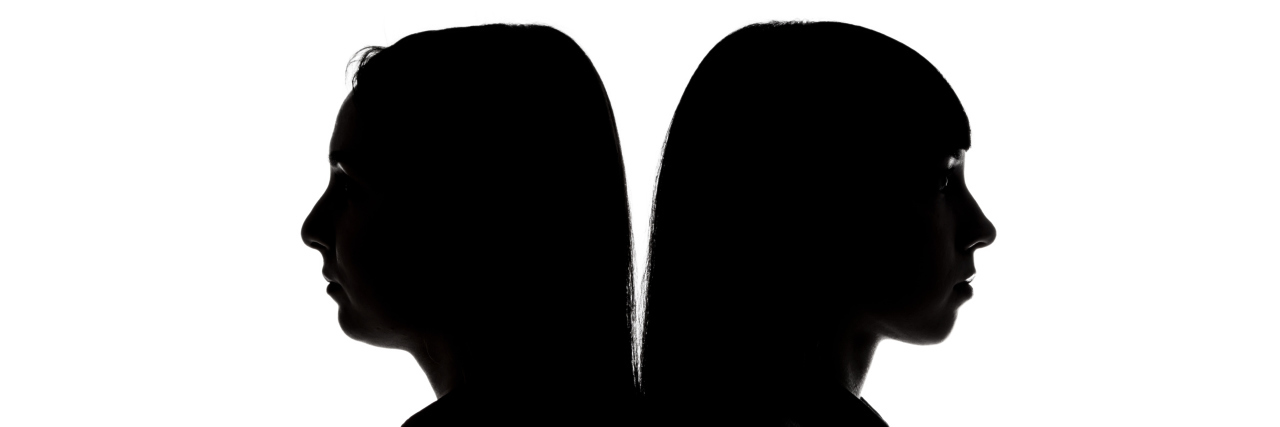You don’t owe an explanation to anyone.
But, if you were like me, you wanted someone — anyone — to understand what you were experiencing every second of every day.
Imagine you have a best friend who is beyond wonderful. They are beautiful; everything you wish you could be, but can’t. They promise to help you change your life, to make you embody everything they are. They promise you self-love. They promise you to finally feel complete, pretty and maybe even perfect.
Now imagine that same friend, slowly, day after day, throwing jabs and insults at you — only someone that close to you could know how to cut you to your core. Soon enough, you might not recognize your reflection. You might not even recognize your life. Your family and friends have a hard time recognizing you either.
What is left once you push everyone away? Who truly cares?
Your best friend. Slowly dragging you to hell and back, day after day, night after night, second after second.
Eating disorders are often the most toxic friendship you will ever have. With the right treatment, your friend can begin to fade more and more, but they might still be with you on your worst days to kick you when you are already down. They might still be with you during certain meals telling you things to make you enjoy it less.
It is possible to quiet the voice and bury it in your recovery wins; but it is not as simple as putting down the fork, or picking it up, or keeping your food in.
Ignoring the best friend who may have carried you through the worst time in your life (and simultaneously caused it) is one of the hardest things you might ever do. Yes, they were an awful friend, but they were always there — at least that’s what they tell you, and that is why relapse is often a nostalgic monster that seeks you out when you are your weakest.
There is a saying in recovery: “Your worst day in recovery is still better than a good day with your eating disorder.” Every time that nostalgia comes back, I have to tell myself that.
To those who don’t understand your eating disorder or those who don’t understand people with them, please be patient. Toxic relationships are never easy to break out of because they can build you up inside just as quickly as they tear you down.
If you or someone you know is struggling with an eating disorder, you can call the National Eating Disorders Association Helpline at 1-800-931-2237.
We want to hear your story. Become a Mighty contributor here.
Getty image via Chris_Tefme

